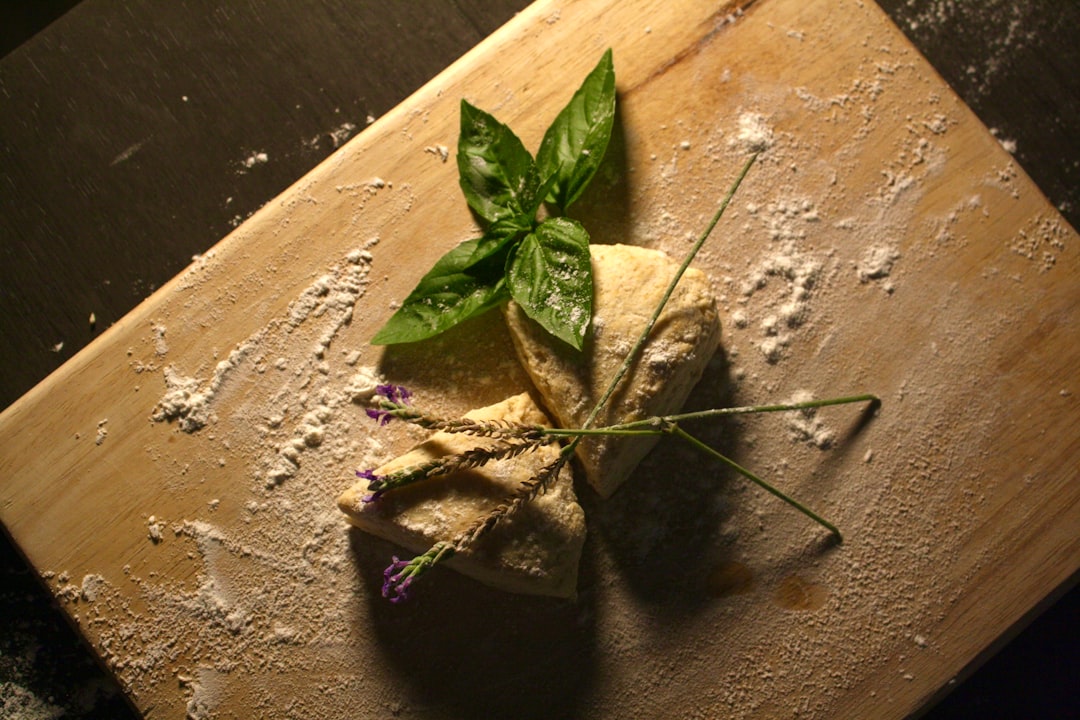Brussels sprouts, once notorious for their bitter taste, have undergone a remarkable transformation through traditional plant - breeding techniques, emerging as a culinary superstar in recent years. This shift not only reflects the power of agricultural innovation but also has far - reaching implications for the food industry and consumers alike.
Historically, Brussels sprouts were often met with disdain. Their bitterness was a major deterrent for many people, especially children. Parents struggled to get their kids to eat these tiny, cabbage - like vegetables. The unpleasant taste was mainly due to certain compounds present in the plant, such as glucosinolates. These compounds are part of the plant's natural defense mechanism against pests, but they also give Brussels sprouts their characteristic bitter flavor.
However, dedicated plant breeders have been working tirelessly to change this situation. Through traditional breeding methods, which involve cross - pollinating different varieties of Brussels sprouts to select for desirable traits, breeders have managed to reduce the levels of these bitter - tasting compounds. This process is not quick or easy. It requires patience, knowledge, and a deep understanding of plant genetics. Breeders have to carefully observe and evaluate each generation of plants, looking for those with lower levels of glucosinolates and better flavor profiles.
The results of these efforts are truly remarkable. Today's Brussels sprouts are significantly less bitter than their predecessors. They have a milder, sweeter taste that is much more appealing to a wider range of palates. This change has opened up a whole new world of culinary possibilities for the vegetable.
In the culinary world, Brussels sprouts have gone from being an overlooked side dish to a star ingredient. Chefs around the world are getting creative with this once - unpopular vegetable. They are roasting Brussels sprouts to bring out their natural sweetness, caramelizing the outer layers and creating a crispy texture. Roasted Brussels sprouts can be seasoned with a variety of spices, such as garlic powder, paprika, or a sprinkle of Parmesan cheese, making them a delicious and healthy addition to any meal.
Another popular way to prepare Brussels sprouts is by making them into a salad. Shredded Brussels sprouts can be combined with fresh greens, fruits like apples or pears, and nuts for a crunchy and flavorful salad. The milder taste of the modern Brussels sprouts allows them to blend well with other ingredients, adding a unique texture and flavor to the dish.
Brussels sprouts are also being used in more innovative ways, such as in soups and stews. Their slightly nutty flavor can enhance the overall taste of these dishes, providing a depth of flavor that is both comforting and satisfying. In addition, they are a great source of vitamins and minerals, including vitamin C, vitamin K, and fiber, making them a nutritious choice for health - conscious consumers.
The rise of Brussels sprouts as a culinary superstar has also had an impact on the agricultural industry. Farmers are now more willing to grow this vegetable, as there is a growing demand in the market. This increased production not only benefits the farmers economically but also helps to ensure a more stable supply of Brussels sprouts for consumers.
Moreover, the success of traditional plant breeding in improving the taste of Brussels sprouts serves as an inspiration for other plant - breeding projects. It shows that through careful selection and cross - breeding, it is possible to transform the characteristics of a plant in a way that is both beneficial for consumers and sustainable for the environment. Unlike some modern genetic - engineering techniques, traditional plant breeding does not involve the introduction of foreign genes into the plant, which makes it more acceptable to many consumers who are concerned about the safety of genetically modified organisms.
In conclusion, the transformation of Brussels sprouts from a bitter and unpopular vegetable to a culinary superstar is a story of innovation, perseverance, and the power of traditional plant breeding. As more people discover the delicious taste and nutritional benefits of modern Brussels sprouts, it is likely that this vegetable will continue to gain popularity in the years to come. Whether you are a professional chef looking for new ingredients to experiment with or a home cook wanting to add more variety to your meals, Brussels sprouts are definitely worth a try.



















